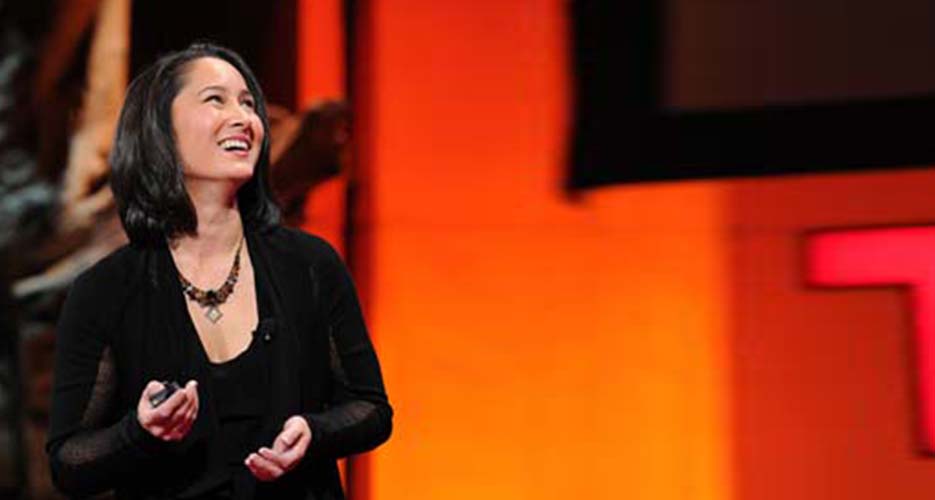Cynthia Breazeal is the head of the Personal Robots Group at the MIT Media Lab, a role in which she pioneers humanistic robots. She is also the associate director of strategic initiatives, a testament to her impactful experience of business strategy - Cynthia expands upon her knowledge in her business motivational speeches, to influence her corporate clients' business plans. Cynthia believes that social robotics will play a prominent role in our societal future, which motivates her to rewrite the negative stereotypes surrounding Artificial Intelligence.
After graduating with a Bachelor of Science in Electrical and Computer Engineering from the University of California in 1989, she went on to complete her Master's of Science in 1993. With her foundation of knowledge in Electrical Engineering and Computer Science, she created the robot, Kismet, for her doctoral thesis. Cynthia was greatly interested in the psychology of human-robot interactions, she also created Cog, a humanoid robot consisting of an upper torso. Kismet, named after the Turkish word for "fate", was formed to look like a human-robot hybrid. From simulating emotions to recognising human feelings, it uses its lips, mouth, eyes and eyebrows to produce humanistic expressions. Kismet was noted by Wired magazine as one of the 50 Best Robots Ever in 2006.
Cynthia immortalised her findings in robotics through her published novels; Designing Sociable Robots in 2002, Biologically Inspired Intelligent Robots in 2003 and Architects of Intelligence: The Truth About AI from the People Building it in 2018. Among her other accolades, she was awarded the Gilbreth Lectures Award by the National Academy of Engineering in 2008 and TIME magazine's Best Inventions of 2008. Highly respected in the world of technology, Cynthia has even presented at the World Science Festival, the World Economic Forum, and TEDWomen. As a motivational speaker, Cynthia's passion for technology is infectious, encouraging audiences to adopt a new perspective of Artificial Intelligence.









